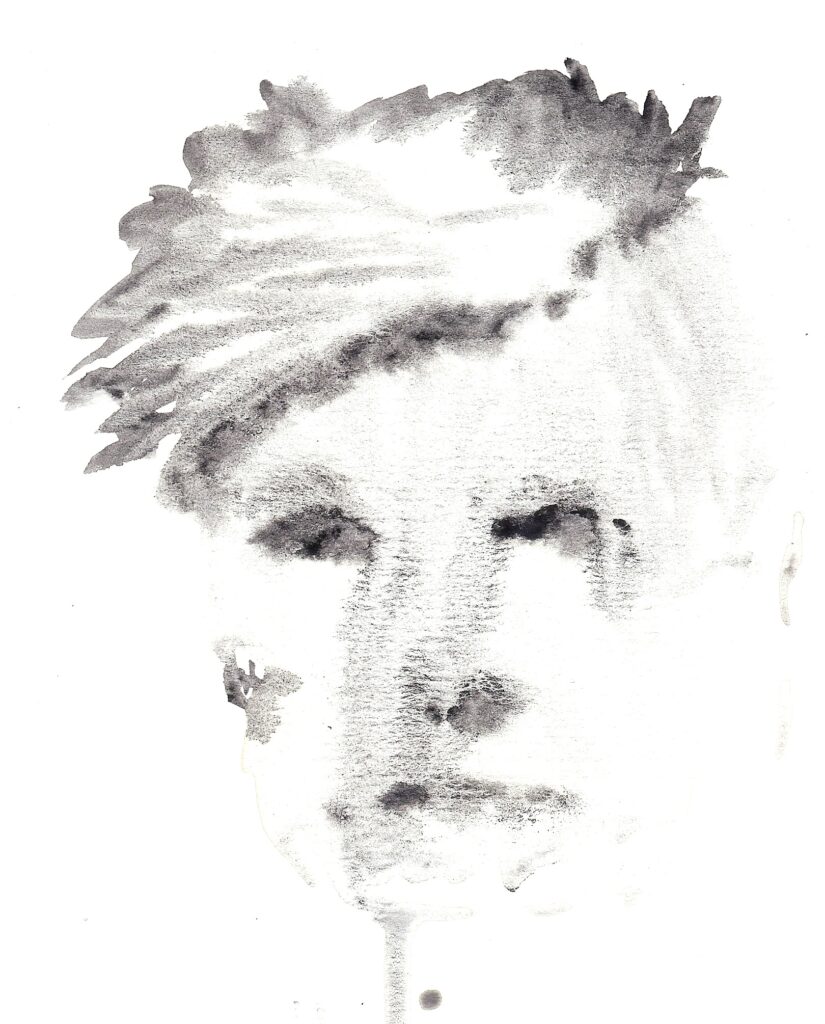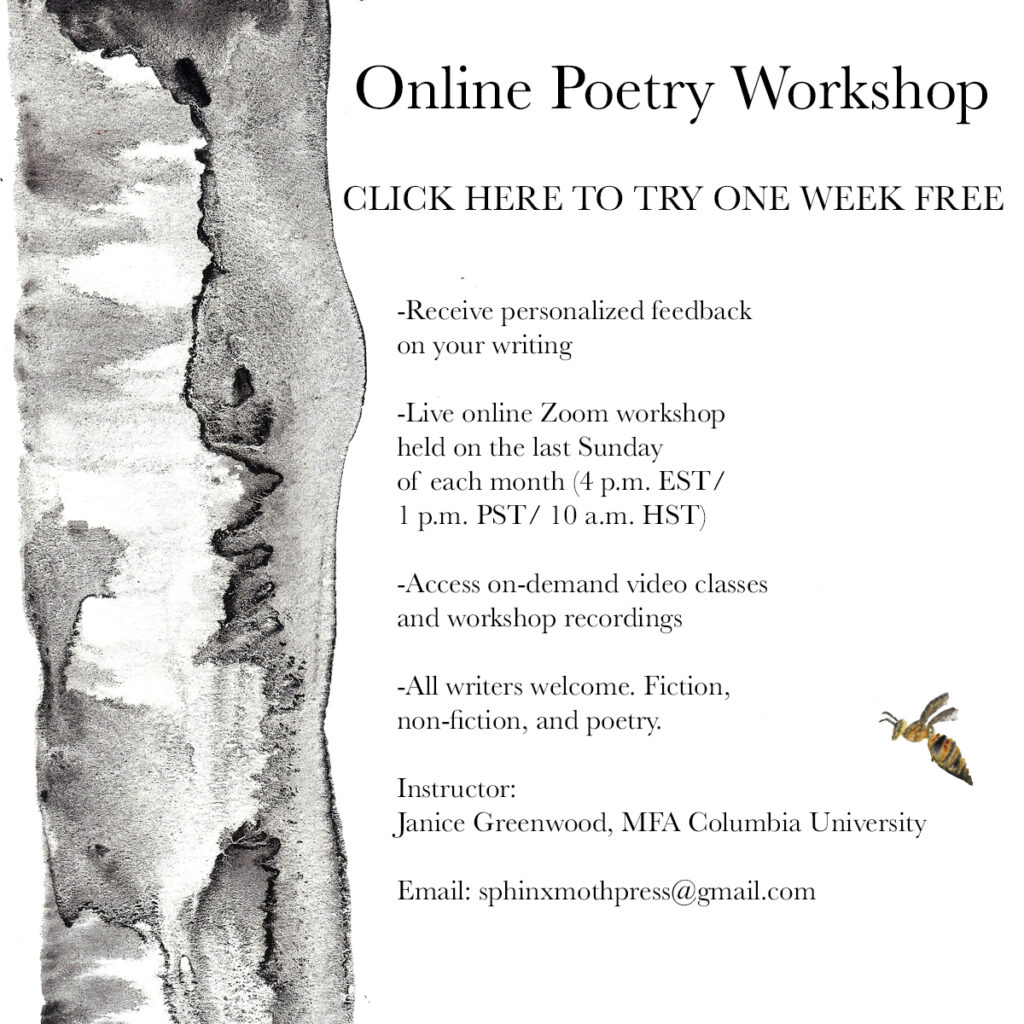Last Friday evening I entered a new circle of poetry hell when Caitlin Kelly’s new poetry book, The Words I Wish I Said led me down the Tik Tok poetry rabbit hole. When I first discovered the poets of Instagram, I remember feeling a little like how I felt after I read the end of Dante’s Inferno, particularly the part where Dante and Virgil basically pass through Satan’s shit hole to get to Purgatory. The whole thing is a little gross but occasionally interesting. Never again would we have to sit through a bad poetry slam. We could now doom scroll through our feelings in the peace, quiet, and privacy of our dark bedrooms. Tik Tok poetry offers no such hope of redemption. When I discovered that Caitlin Kelly rose to the top of the Amazon poetry bestseller list by promoting her book, The Words I Wish I Said on Tik Tok, I was intrigued, but instead I found myself face-to-face with so much teenage angst, I think I might have started sprouting acne.
I didn’t really understand how Tik Tok worked. It turns out that Tik Tok is basically a video version of Instagram, and it’s basically the domain of teenagers. (The highlight of my descent into the Tik Tok vortex was when I discovered a video created by Dr. Phil in which he stares into the screen like a hostage, pleading with viewers to stop calling him ‘daddy.’ Okay, actually, that video is the reason why everyone should probably download Tik Tok right now; I don’t have the words to describe it: the spacey galactic music, the moment when Dr. Phil explains that “your real daddy is probably getting his feelings hurt;” the bulging-eyed opening seconds…I digress.)
Tik Tok has become the new digital teen diary, and because writing using the keyboard has gone the way of the dodo, pen and paper, and Blockbuster Video (can someone please explain to me all the videos of Japanese girls dismantling their keyboards and replacing them with Legos?), Tik Tok poetry exists as spoken word poetry spoken into the void of the digital confessional. Scrolling through the poetry videos on Tik Tok is a very frightening and vertiginous experience.
There’s one video where a girl recites in robotic voice exactly how many days, hours, minutes, and seconds she’s been alive. Another girl plays the piano and tells us what kind of boy she wants. Someone else (a little older) reads from a high school journal, crying with pain and delight. Others recite poetry with their puppies. There are parodies of Avril Lavigne. Actually that one was pretty good: “he was a boy who never / posted on Instagram, she / was a girl who spammed / her private story, could I / make it any more obvious?” Lightly edited.
I think I finally understood something, though. COVID-19 lockdown has led to levels of loneliness that the world has never before seen. I often complain about how we use social media instead of talking to one another, but I think that Tik Tok has pushed social media existential isolation to its extreme verge. Where is there room for dialogue and conversation when you’re just staring into the camera, reciting your journal for the world to see? Do teens talk on the phone for hours like I did when I was younger? Or do they read their journals aloud to the world, hoping against hope for connection in their message feed?
The worst part about the Tik Tok poetry phenomenon is this: the poets of Tik Tok are inspired by the poets of Instagram. We have reached poetry Cocytus, a frozen land where Count Ugolino is frozen in ice to his neck, forced to nibble on his enemy, Ruggieri’s brains; only this is Tik Tok and Instagram, where the poets of Tik Tok live frozen in the cold circuits of cyberspace, slurping down the Instagram leftovers of their bad poet influences.
Doom scrolling through Tik Tok poetry leaves one in a kind of Anxiety of Influence that I’m grateful Harold Bloom never had to witness. Bloom was mostly concerned with how William Shakespeare dealt with the anxiety of his poetic precursors—poets like Chaucer. The poets of Tik Tok are following the lead of Rupi Kaur and Amanda Lovelace, and because they are following poets who are only half-formed, the poetry that results is derived from work that is half-formed at best. Look, I often try to find the bright side of things, but this is really bad.
I’ve written about this problem elsewhere. When mediocre poets are unleashed onto the world without editorial oversight (and look, I’ll forgive the first book, but when a press publishes a second or third book by an Instagram poet, I feel it has a responsibility to help the poet create better art, and when it fails to do so, it is doing a disservice to poetry and its own work). Rupi Kaur and Amanda Lovelace are hardly original poets and their work is not very good. But when this work becomes the source of influence for a newer generation, we find ourselves looking into a mirror darkly that is covered in soot from the gold mine cash cow of the best-selling Instapoets.

The Words I Wish I Said by Caitlin Kelly is deeply inspired by Rupi Kaur and Amanda Lovelace. This is deeply troubling. I can’t in good conscience review this book, other than to say everything I’ve said above, which should serve as a review enough. Maybe I’m not too different from Dr. Phil, trapped in Tik Tok hell, with galactic music playing in the background, crying out into the wilderness of cyberspace, begging Caitlin Kelly to please, for her sake and mine, go get thee to a Sylvia Plath, a Rilke, a Sappho; go get thee to some Adrienne Rich, Emily Dickinson, Maya Angelou… Muses of contemporary poetry, help us all.

About the Writer
Janice Greenwood is a writer, surfer, and poet. She holds an M.F.A. in poetry and creative writing from Columbia University.
